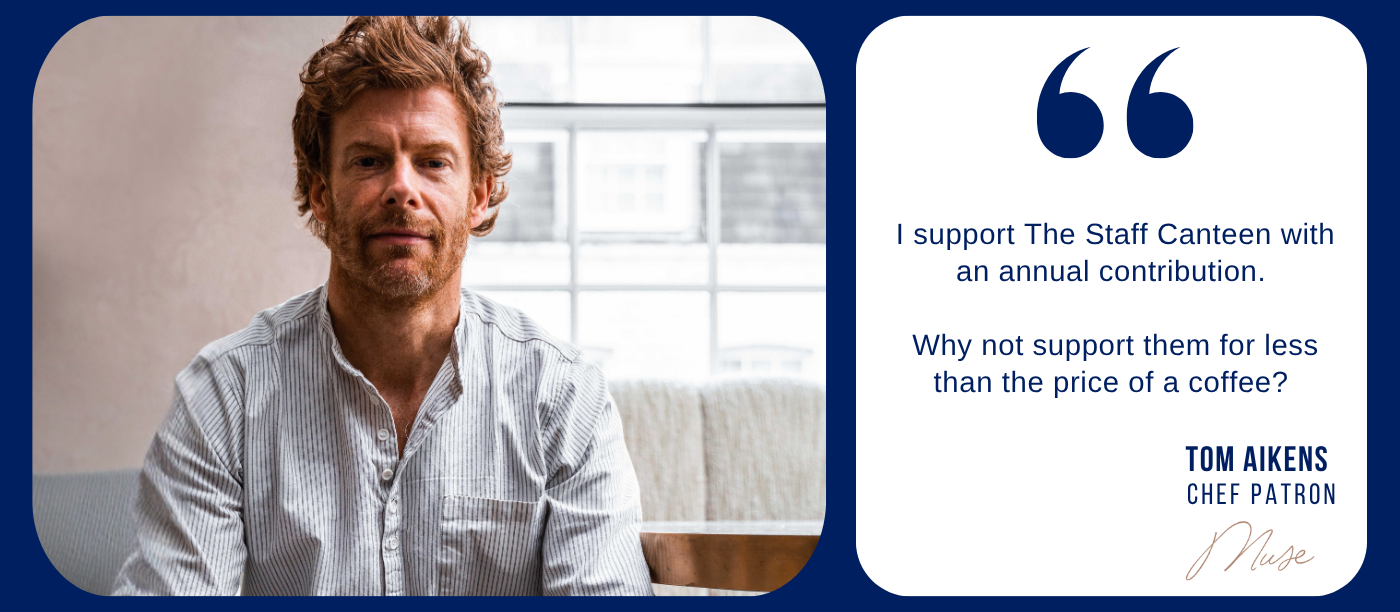here at the restaurant. So our relationship is very good, very strong.
He’s quite a classical chef albeit with modern influences, do you think the business could work in France?
That’s a very good question - I suppose so, why not?! We’ve got lots of French customers; we’ve got loads of people from Switzerland as well. We always have really good comments. I have tried a few Michelin-starred restaurants (in France) and, I mean, some of them are really good, but some of the one stars… sometimes it’s not what you’d expect. So I suppose Martin’s style would probably work over in France.
You were still a teenager when you started out –
I was fifteen.
How does someone get interested in wine at such a young age?
My family – my father and my grandparents – were all involved with restaurants. So I was always a little bit interested in it but ten, fifteen years old I moved on to this apprenticeship programme. And the person that trained me during my apprenticeship was a Head Sommelier himself and once the apprenticeship finished I carried on one more year with him in the restaurant – I was a sommelier apprentice, so that’s how I got into it.
Are the wines you were interested in then and now the same?
Very different. Because in France it’s very much French wines driven. Back then I was into Loire Valley wines because that’s where I did my apprenticeship – that’s where I’m from – but now there’s loads of different things that I like. I like Northern Italian wines – Barolo, Barbarescos. I’m very interested in Rieslings from Germany and Austria. I quite like Californian wines as well; the way they are made, the way they are aged using the oak. So it has changed.
Hospitality tends to be viewed as a real vocation in France, more so than it is here. Do you think that will change?
I think so. In fact, you can already see in the UK the enthusiasm there is around food and wine. When you switch on the TV there’s a good chance there’s going to be a cooking programme at some point. So I think this is changing the mentality of younger people.
I remember back in the early 2000s when I first started, catering was not really seen as a career, it was very much seen as a part-time job or a summer job. But that has changed. You see a lot more catering programmes in universities, more hotel management in universities, more apprenticeships being set up. Even Martin has changed. The restaurant has currently got three apprenticeship positions. People are realising that, hang on a minute, actually catering might just be a good career.
And what about when you’re looking for new staff, what kind of characteristics do you look for?
Motivation is important. Customer relationships - if an employee is not comfortable talking to new people then obviously you’ve got a problem on your hands.
Experience is always key, but if I employ a younger member of staff – you know, eighteen, nineteen or early twenties – I don’t expect them to have massive amounts of experience. But if they are willing to learn, then it is easy. Because you can model people to the way the restaurant works.
 These days, restaurants get instant feedback from social media and the likes of Trip Advisor, do you check those things?
These days, restaurants get instant feedback from social media and the likes of Trip Advisor, do you check those things?
We work with a very good programme called Restaurant Diary and people that book with us we try to take email addresses - after their experience at the restaurant they receive an email asking them how their experience went. And obviously that comes back straight to us. So we take every feedback really seriously. We get loads of great feedback and that is really good, you know feedback that is constructive, when people think that we could do something better then it’s all looked over.
But if people choose to make their feedback public, then you know… it’s not that I disapprove but I’m not sure it’s very constructive, it doesn’t actually help the restaurant to see if something went wrong. I suppose it’s very good for consumers. Whether you like it or not, there’s a good chance that people are bound to have a read of the feedback given on a restaurant they’ve not eaten in before. That you just have to understand and adapt to. So yes, it’s important that people express themselves, otherwise if nobody would say anything then how could you improve?
You’ve had a Michelin star for a long, long time. How does that influence the way you conduct service?
Obviously the Michelin star is a big part but no matter what, we always try to make sure the customer comes in and enjoys their experience. We’ve got standards and customers have got expectations and we’ve got to meet them.
How do you maintain motivation year after year?
Whether there’s been a good or a bad day you always try to improve. You know, look forward to the next service, look forward to seeing your regular customers.

















